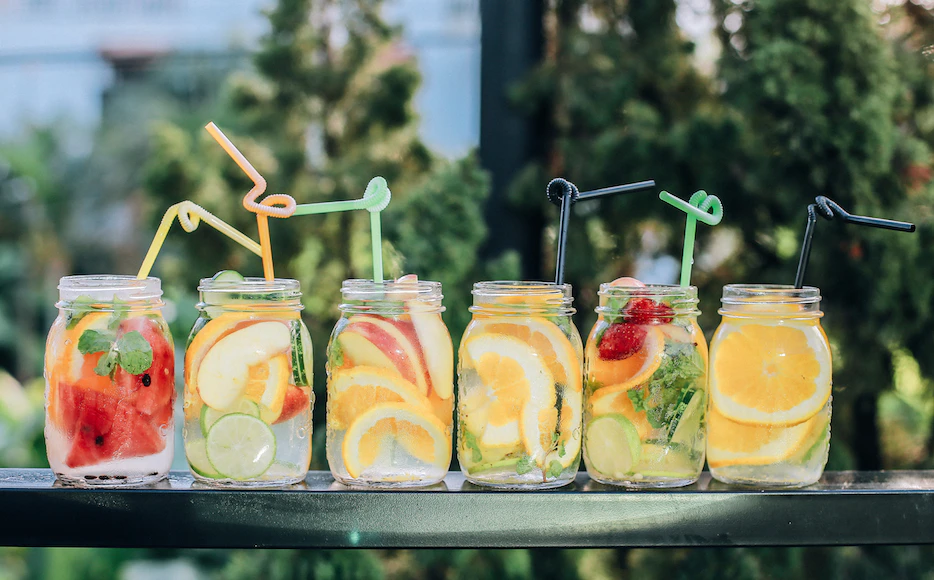"Most teens reject aspirational content that valorises fame and financial gain. Instead, they are seeking out movies and TV shows that provide hope and knowledge of others, and are relatable to their age group. "

Teens today are looking for content in movies and TV that is escapist and fun, while also addressing real-life issues that they are facing. This may include family life, mental health, or social media. As Hollywood contemplates its next big hit for adolescent audiences, it is important to listen to what teenagers have to say about what they want to see.
Most teens reject aspirational content that valorises fame and financial gain. Instead, they are seeking out movies and TV shows that provide hope and knowledge of others, and are relatable to their age group. This indicates a substantial shift in the definition of success for this generation compared to previous ones.
Teens today desire movies and TV shows that reflect a diverse world with uplifting experiences. Furthermore, stories can shape our thinking, drive conversations, and inspire us to seek information on important topics such as mental health. Therefore, movies and TV programs need to be authentic to real people and real lives to best serve this new generation of adolescents.
What Movies and TV Shows Are Teenagers Watching Today

Today’s teenagers are watching movies and TV shows that provide a unique combination of escapism, real-life issues, and relatable storylines. From the Marvel movies to Stranger Things, many popular movies and TV shows today have found success with teenage viewers.
Superhero movies have been very popular in recent years. Films such as The Avengers and Justice League have captivated teens with their thrilling action sequences and epic fight scenes. Additionally, movies such as La La Land and The Fault in Our Stars have tapped into teenage emotions by depicting the passionate romance between two young characters.
Television has also become a powerful platform for teen audiences. Teenage favorite series like Pretty Little Liars utilise the soap opera genre to create suspenseful storylines filled with drama and intrigue. Other teen-friendly programs such as Gossip Girl and Euphoria explore modern social issues including friendship dynamics and mental health struggles respectively.
In addition to traditional movies and TV shows, streaming platforms are viral among teenagers today. Services like Netflix offer original content tailored specifically for teenagers such as 13 Reasons Why – a story about a young girl who committed suicide after facing bullying at school. Furthermore, streaming services also make it easier for teens to access movies from other countries, allowing them to explore international cultures from the comfort of their homes.
Overall, movies and TV shows now provide teenagers with fun entertainment and meaningful stories that challenge them to think critically while allowing them to escape reality when needed. Whether they are watching Marvel movies or international films on Netflix, teenagers today are finding plenty of content that resonates with them on the big screen or small screen alike.
Movies and TV Shows Provide Escapism to Teenagers
Today’s teenagers are watching movies and TV shows that provide them with escapism. Movies and TV offer the opportunity to explore different perspectives and they also give teens a chance to escape their daily lives and immerse themselves in a world of stories that often reflect their own experiences. This helps them better understand themselves, cope with stressors, learn about different cultures and ways of thinking, gain exposure to new ideas and perspectives, build relationships with others through shared interests, and just have fun. This emotional and cognitive engagement lays the groundwork for deeper reflection and learning.
In addition to entertainment value, movies and TV can also serve an educational purpose by teaching teenagers about history or providing thought-provoking insights on relevant topics.
How Movies and TV Can Address Real-life Issues for Teenagers

Movies and TV can be used to address real-life issues that teenagers are facing. Movies and TV programs often strive for authenticity to better serve this new generation of adolescents. This means the shows attempt to accurately portray how teens communicate, interact with each other, deal with various emotions and life experiences, navigate relationships, and make decisions about the future.
Popular movies and tv series such as Euphoria or 13 Reasons Why have been successful in addressing topics such as police brutality, racism, suicide prevention, mental health awareness, healthy relationships, sexual assault prevention and so on. By creating stories that are relatable to teen audiences, these movies offer an opportunity to start conversations on important issues while also providing a sense of validation and hope.
Messages that Movies and TV Send to Teenagers
Movies and TV can shape our thinking, drive conversations, and inspire us to seek information on important topics such as mental health or social justice issues. Many movies convey positive messages that challenge stereotypes, encourage dialogue and self-reflection, provide hope and reassurance, highlight the importance of empathy, and celebrate diversity. Movies can serve as an entry point to engage teenagers in thought-provoking conversations about topics that may otherwise be difficult to address.
Good movies and TV shows often reflect our diverse world by featuring realistic characters who are representative of different cultures, races, sexualities, ages, religions, etc. Representation matters because it helps reduce the stigma associated with certain groups while also allowing people from various backgrounds to identify with these characters on screen.
Ultimately, a good teen show should strive to provide teenagers with a safe space where they can explore different perspectives without being judged or criticized. By doing this, movies and TV shows can send a powerful message to teenagers that it is okay to be different, it is okay to be yourself, and it is important to speak up for what you believe in.
The Impact of Movies and TV on the Teenage Brain

Movies and TV shows have a profound impact on the way teenage brains develop. It is well known that movies are capable of influencing the attitudes, beliefs, and behaviour of teenagers. Movies can shape teenagers’ opinions on social issues such as gender roles, violence, and sexuality. Movies can also affect how teens approach relationships and friendships, with some movies promoting negative behaviours such as bullying or gossiping.
On top of this, movies can influence teenagers’ mental health by either positively or negatively affecting their self-esteem, body image, anxiety levels, and more. Television shows in particular can be especially influential due to their episodic nature, allowing storylines to build over time while providing viewers with an escape from their daily lives. With movies and TV promoting certain ideas, behaviours, and values, it is important to pay attention to what teenagers are watching to prevent any long-term impacts on their development.
Movies and TV shows can have a significant impact on the teenage brain. Teens should watch shows that portray accurate representations of real-life experiences so that teenagers feel seen and validated on screen. They should also watch movies that showcase diversity, inclusion, and empathy while encouraging dialogue. Ultimately movies which provide entertainment as well as education will benefit teenage audiences everywhere.



































